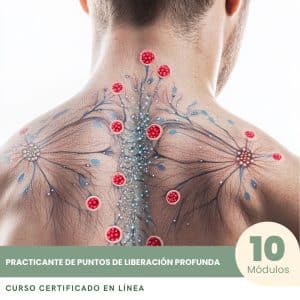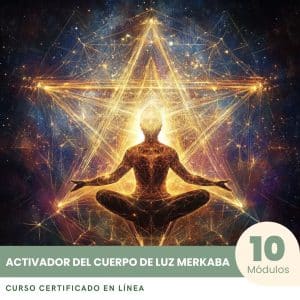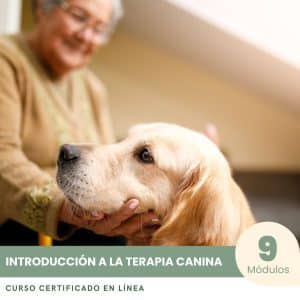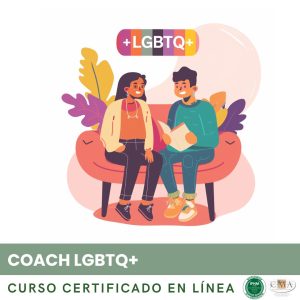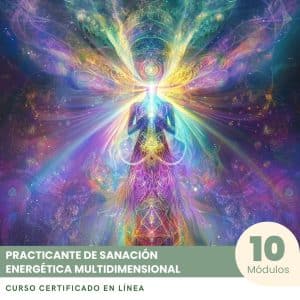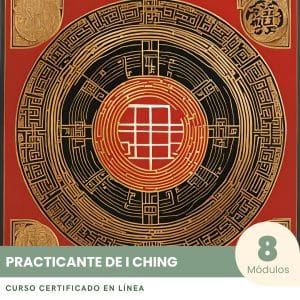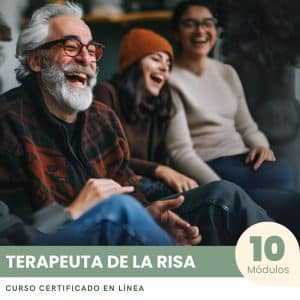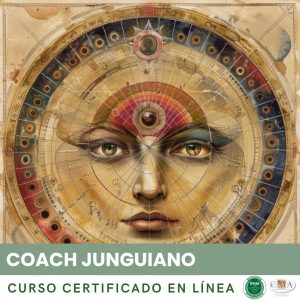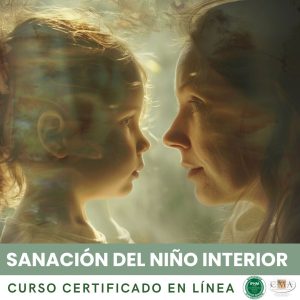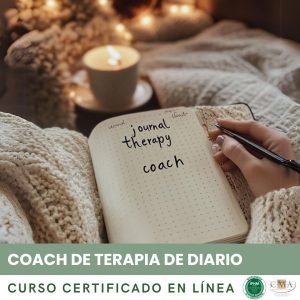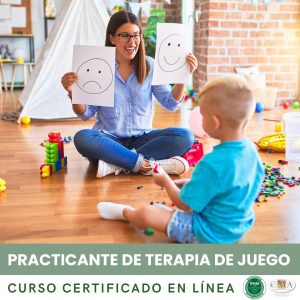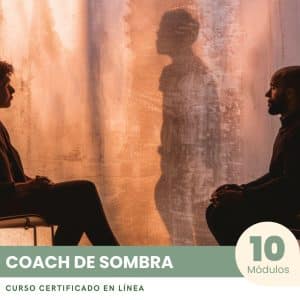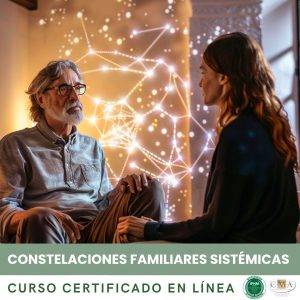5.6 – Laughter Therapy in Community and Association Contexts
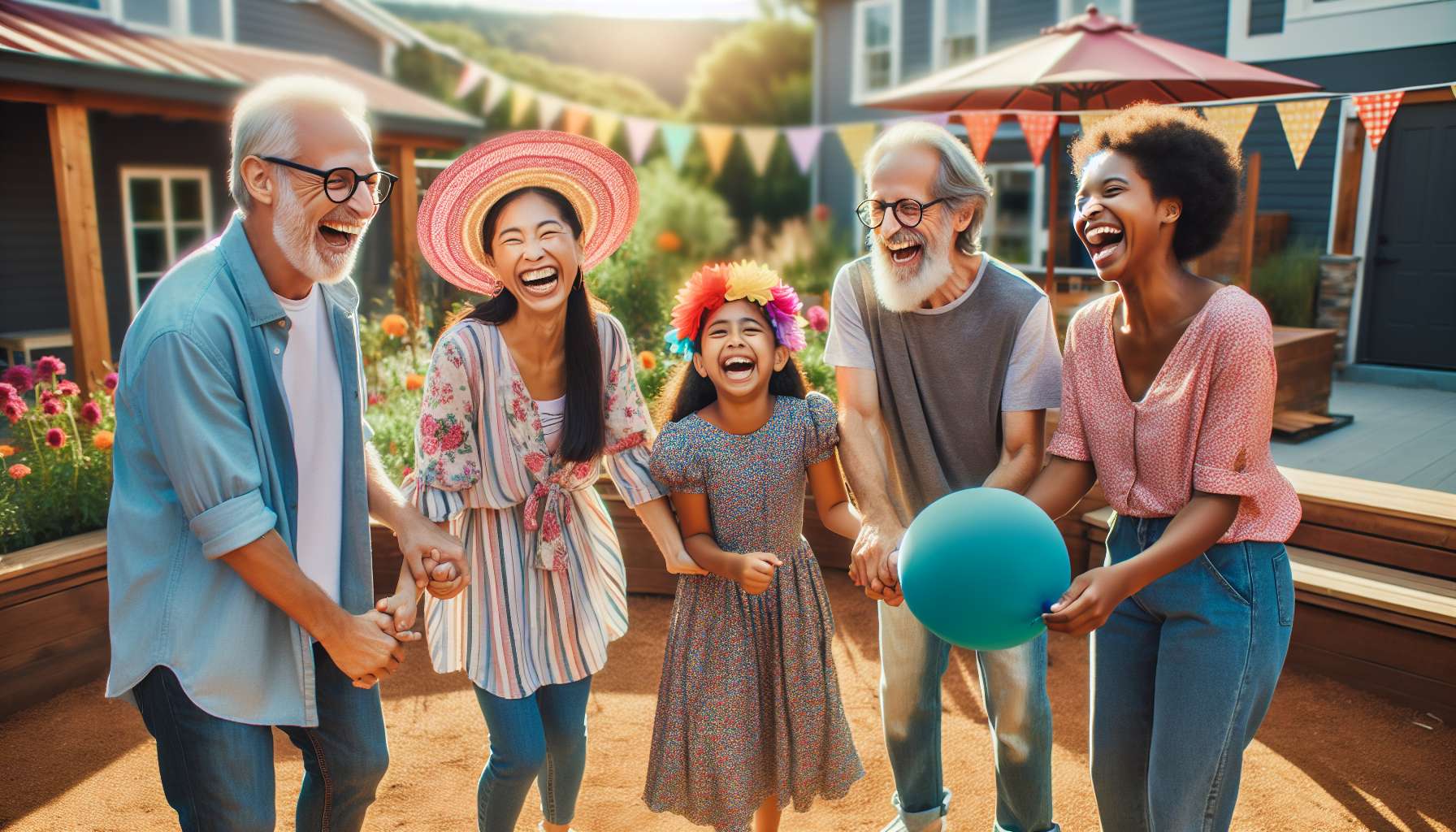
Laughter therapy finds a particularly relevant application in community and association contexts, where it brings numerous benefits for well-being, social bonding and civic engagement of participants. Faced with societal challenges such as isolation, discrimination or even well-being, laughter appears as a valuable tool to gather, include and give back the power to act to people.
At the individual level, the regular practice of laughter exercises in an associational setting helps to strengthen self-esteem, confidence and a sense of belonging among participants. By living a positive and rewarding experience within a benevolent group, they can overcome their fears, assert their uniqueness and forge authentic bonds. Laughter acts as a revealer of unsuspected resources and a vector of empowerment, particularly for vulnerable or marginalized people. Regular laughter workshops can thus help fight exclusion, restore dignity and support integration paths.
At the collective level, shared laughter is a powerful bond of living together, which transcends differences and welds communities. By gathering around a joyful and unifying activity, participants learn to discover each other, to cooperate and to help each other beyond their affiliations. Collective laughter workshops are an opportunity to deconstruct prejudices, manage conflicts with humor and celebrate diversity as a richness. For groups crossed by tensions or cleavages, laughter provides a space for dialogue and reconciliation through play.
But laughter is also an extraordinary engine of commitment and citizenship. By cultivating optimism, creativity and boldness, it releases positive energies to take action and transform its environment. Associations that integrate humor into their awareness campaigns or participatory projects see a stronger mobilization of volunteers and the public. Laughing together gives the courage to act together, to defend a cause or imagine innovative solutions. Humorous “happenings” or “flashmobs” can thus become powerful levers of social change.
Inspiring example: The association “Laughter for All” has been organizing solidarity laughter workshops in priority neighborhoods in the Paris region since 2010. Open to all residents regardless of their age, origin or situation, they use laughter as a tool for social mixing and civic participation. Over the years, these workshops have given rise to numerous friendly projects imagined and carried out by the inhabitants themselves: neighborhood meals, comedy shows, shared gardens, etc. They have also allowed isolated individuals to regain confidence and integrate into training or employment paths. For the founders, shared laughter helps to “re-enchant territories” and reconnect where it is weakened.
In concrete terms, laughter therapy can take various forms in community and association contexts:
– Weekly laughter workshops open to everyone, in places of life and proximity (social centers, neighborhood houses, third-places…)
– Public events around laughter and humor to educate and gather broadly (festivals, conferences, challenges…)
– Laughter workshop facilitation training for volunteers and local relays, to multiply initiatives
– Integration of laughter exercises in socio-educational, cultural or sports activities offered by associations
– Participatory projects using laughter as a means of creation and expression (forum theater, comedy web series…)
Among the exercises particularly suited to community contexts, we can mention:
– Cooperative laughter games that promote mutual aid and group cohesion
– Laughter without reason in circle creates a joyful connection “here and now”
– Collective humorous challenges stimulate achievement and pride of belonging
– Flashmobs of laughter in public space allow to “contaminate” joy and create links
– Humorous improvisations on societal themes help to step back and debate positively
For it to be fully beneficial, it is important that laughter therapy be co-constructed with the actors and inhabitants and rooted in the realities of the territory. It requires a secure and inclusive framework, where everyone feels legitimate to participate in their own way. Facilitators have a key role to play to reach the most distant audiences, rely on local driving forces and make laughter a real territory project.
Many pioneering associations like “The School of Laughter” in Lille, “Laughter for All” in Ile-de-France or “Clownambule” in Nantes have made laughter a pillar of their social and civic project, with very positive impacts on residents’ power to act and neighborhood vitality. They testify to laughter’s ability to re-enchant everyday life, repair social fabric and make society differently.
Remarkable anecdote: During a laughter workshop organized by the association “Clownambule” in a neighborhood of Nantes, an isolated elderly lady had the courage to push the door for the first time. Very moved to be warmly welcomed, she confided at the end of the session: “It’s been so long since I laughed. I feel so much lighter and alive. I think I’m going to come back every week and even invite my neighbor!”. A few months later, she became a regular at the workshop and a real laughter ambassador in her building. A beautiful illustration of the power of inclusion and remobilization of laughter!
In conclusion, by cultivating joy and the power to act in territories, laughter therapy is a wonderful tool for popular education and social transformation. A practice as joyful as it is committed, to make communities playgrounds and mutual help, where we dare to dream and act together in a big burst of laughter!
Key points to remember:
– Laughter therapy is particularly relevant in community and association contexts, where it brings numerous benefits for well-being, social bonding, and civic engagement.
– At the individual level, the regular practice of laughter exercises strengthens self-esteem, confidence and the feeling of belonging of participants, particularly for vulnerable or marginalized people.
– At the collective level, shared laughter is a bond of living together that transcends differences, welds communities, and allows managing conflicts with humor.
– Laughter is also an engine of commitment and citizenship, releasing positive energies to take action and transform its environment.
– Laughter therapy can take various forms: weekly workshops, public events, training, integration in associative activities, participatory projects…
– To be fully beneficial, it must be co-constructed with local actors, rooted in the realities of the territory and proposed in a secure and inclusive framework.
– Numerous pioneering associative examples testify to laughter’s ability to re-enchant everyday life, repair social fabric and make society differently.
– By cultivating joy and the power to act, laughter therapy is a tool of popular education and social transformation, making communities playgrounds and mutual help.
👉 To download docx (Editable) file click here : Click here
👉 To download PDF file click here : Click here
👉 To download MP3 file click here : Click here
